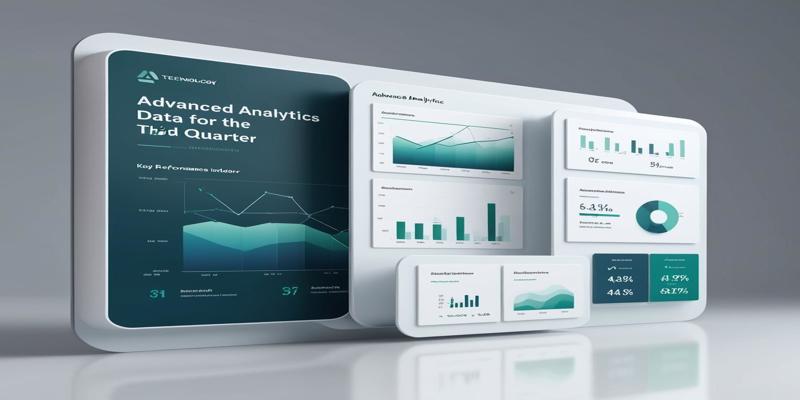How Your Credit Cards Can Help During a Recession
Oct 18, 2023 By Susan Kelly
When times get tough, having the right financial tools is key to staying afloat. We're in an unprecedented economic recession, and understanding how to use credit cards securely and responsibly during this time of hardship can be extremely beneficial for both short-term financial security and long-term wellness.
With a little research and learning the ins and outs specific to personal finance around recessions like this, you can ensure that your money works for you. This blog post'll examine how your credit cards could help during these challenging times.
Reduce credit card debt

One way your credit cards can help during a recession is by reducing your debt. With interest rates as low as they are, now is an ideal time to transfer existing high-interest credit card balances to a lower-rate card.
This will give you some breathing room in your budget and allow you to pay down debt faster without breaking the bank.
Other debt reduction strategies can help you too. Balance transfer cards are one way to reduce your interest rate even further, and some even offer 0% introductory rates or cash-back rewards. And if you have a lot of credit card debt, another option is to consolidate it into a single loan with a lower interest rate.
Avoid carrying a balance if possible

Avoid carrying a balance on your credit cards during a recession if possible. This will help you save money by preventing interest from accumulating in your account each month. It can also benefit your credit score, as paying the full monthly balance will show you can manage your finances responsibly.
Suppose you are in a situation where you must carry a balance. In that case, it's important to stay on top of your paymePayu pay at least the minimum due each month and pay extra to reduce the amount of interest accumulating. Also, look into credit card reward programs or cash-back offers that could provide additional benefits for using your credit cards.
Use credit cards as a financial tool.
Credit cards can be an incredibly useful financial tool if used correctly, especially during a recession. They offer convenience and flexibility when making purchases, which is especially helpful if you require emergency funds or want to make budget-friendly purchases that may not fit your current budget.
In addition, many credit cards offer rewards programs or cash-back offers that can help you save money on everyday items and make it easier to pay down debt faster. Make sure to research the features of different cards and find one that fits your needs to take advantage of these benefits.
Consider other financial options.
Finally, remember to look at other financial options as well. For instance, taking out an installment loan could be an option if you have good credit and a steady income. This type of loan can provide you with a lump sum of money that can be used for any purpose and is paid back in fixed payments over time.
You can also look into other sources of credit, such as a home equity loan or line of credit. These secured loans use your home's value as collateral, so it's important to ensure you understand the terms and conditions before applying for one.
Use Your Credit Card For Necessities
Finally, it's important to remember that your credit card should only be used for necessities if you cannot pay in cash. Put your non-essential expenses on a separate card or save up and purchase them in cash when the time comes. This will help protect you from too much debt and ensure you stay financially secure during this difficult time.
When using your credit card for essential items, compare prices between different stores and understand the terms of any promotions or discounts you may be taking advantage of. This will help ensure you get the best deal and remain on top of your finances.
Look Into Debt Consolidation
If you have multiple credit card balances that make it hard to stay afloat financially, consider looking into debt consolidation. This will allow you to combine all of your debts into a single loan with a lower rate of interest and one monthly payment. This can help make managing your finances easier and help you pay off any high-interest debt more quickly.
When looking into debt consolidation, it's important to research your options and ensure you understand the terms before signing on the dotted line. Ensure you are dealing with a reputable company that will provide you with the best rates and terms and will not take advantage of your situation.
Build Up Your Savings Accounts
Another important step during a recession is building up your savings accounts. This will give you a cushion if you experience any unexpected expenses or drops in income. In addition, having an emergency fund can help you stay afloat financially if your credit cards become maxed out.
Try to set aside money each month for your savings and ensure you are taking advantage of any interest rates your bank offers. This will ensure that you have a financial safety net if times get tough and can help make it easier to weather the storm during an economic recession.
Prioritize Your Spending
Finally, it's important to prioritize your spending during a recession. Make sure that you emphasize essential items and focus on long-term financial goals such as paying down debt or building up savings. This will help ensure that you don't run up too much debt and stay financially secure in the long run.
It is also important to remember that credit cards should not be used as a replacement for cash. Only use your credit card for necessary expenses, and make sure you pay off the balance in full each month to avoid any interest charges. This will help ensure that you remain financially stable during this difficult time.
FAQs
What are the benefits of using credit cards during a recession?
Credit cards can offer convenience and flexibility when making purchases, and rewards programs or cash-back offers can help you save money. Additionally, if you need to carry a balance, they can be useful for managing debt payments and building your credit score.
What other financial options are available during a recession?
You can look into taking out an installment loan or consider using home equity loans or lines of credit. It's important to research these options before signing on the dotted line and ensure you understand all the terms and conditions.
How can I use my credit card responsibly during a recession?
Make sure to only use your credit card for essential items and pay off the balance in full each month. In addition, prioritize your spending by focusing on long-term financial goals such as paying down debt and building up savings accounts.
Conclusion
When times get tough, understanding how to use credit cards securely and responsibly can benefit both short-term financial security and long-term wellness. By researching different features offered by different cards, comparing prices between stores, and building up your savings accounts, you can ensure that your money works for you during a recession. If used correctly, your credit cards can provide the flexibility and convenience needed to navigate an economic downturn.
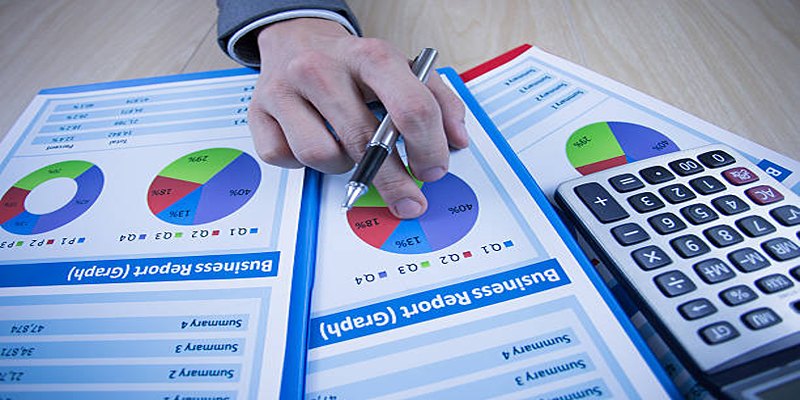
Boosting Efficiency: Batch Append Credit Scores and Risk Scoring Techniques
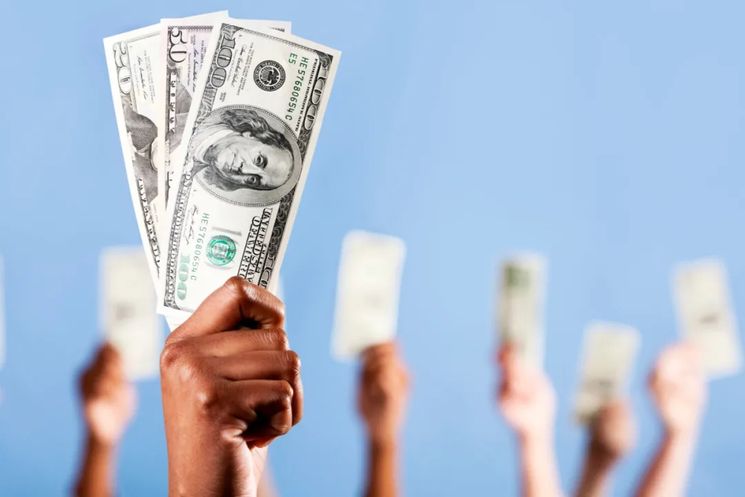
The role of information and communication in financial intermediation
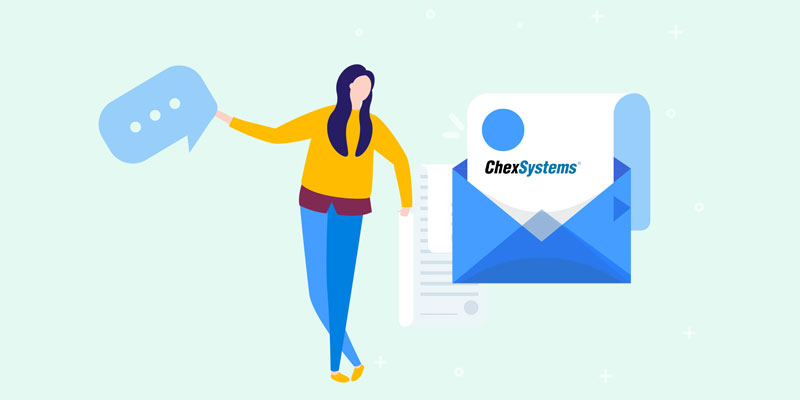
Clearing Up Your ChexSystems Report
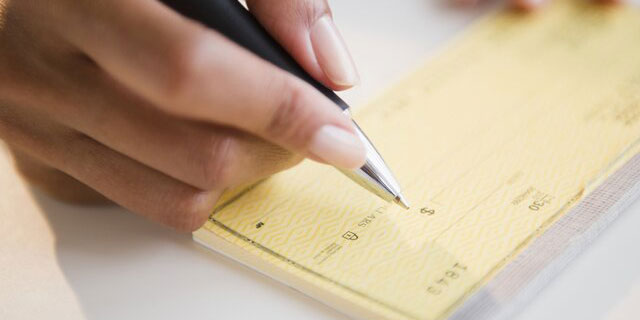
The Lure of Convenience Checks

What is the Effect of Background Check on Your Credit Score?

Reasons to Have Multiple Accounts
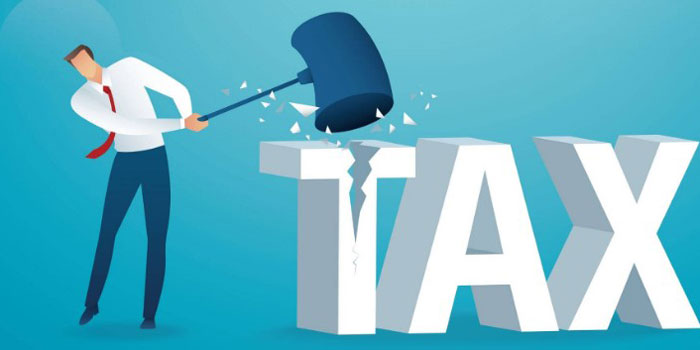
Techniques for High-Income Tax Payers to Save Money

An In-Depth Look at Lex Levinrad's Strategies: 2024 Review
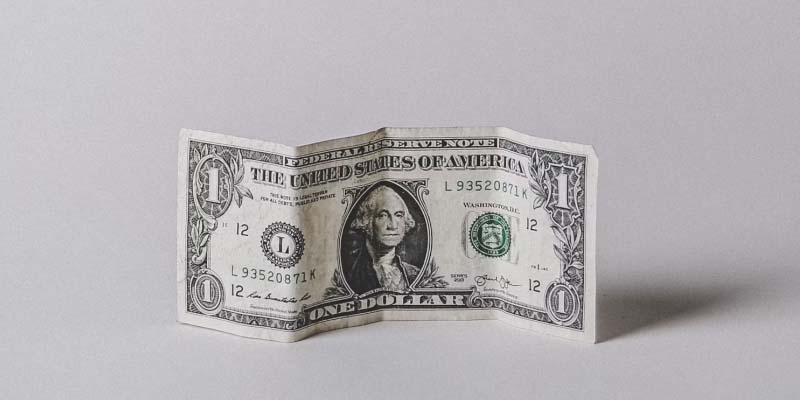
Navigating Financial Freedom: A Comprehensive Guide to Consolidated Credit Debt Relief
